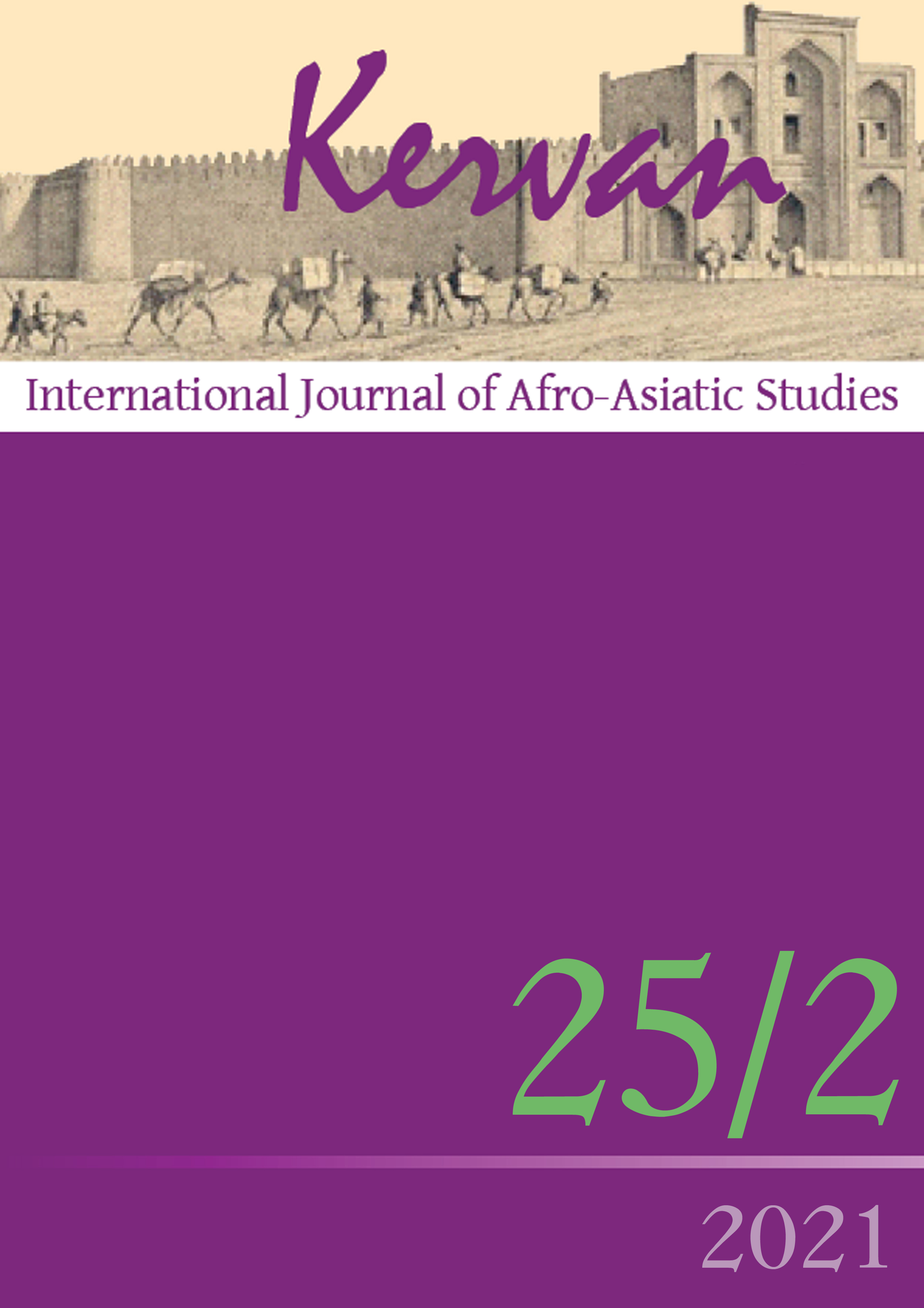The mythological journey of the Kaknus and its place in Ottoman poetry
DOI:
https://doi.org/10.13135/1825-263X/6310Abstract
Myths as a product of common culture are the stories that each culture takes and kneads within itself and conveyed for generations. The source for them is human. Myths are shaped by the culture, lifestyle and beliefs of communities. Mythology has a great place in making sense of literary texts as it is in human history. Mythological narratives and items, which have changed as a result of the interaction of different cultures with each other, are cultural accumulations whose origins cannot be determined exactly, but which are believed to be true by the society. One of the fields that divan poetry, which continues as a literary tradition, makes use of while maintaining its existence is mythology. Various mythological elements in literary works play an important role in understanding the meaning of the work. Divan poetry, mostly fed by the source of Persian mythology, also benefited from the mythological animals belonging to this culture. Among mythological animals, birds are considered as mythological elements that occupy much of divan poetry. Kaknus, the subject of our study, is a mythological bird with a story in both western and eastern mythology. In Greek mythology, the mythological person Kyknos is a bird named Kaknus in Persian mythology. In this study, the mythological history of Kaknus will be discussed and the characteristics of its use in Divan poetry will be detailed.
Downloads
Downloads
Published
Issue
Section
License
Gli autori che pubblicano su Kervan accettano le seguenti condizioni:
- Gli autori mantengono i diritti sulla loro opera e cedono alla rivista il diritto di prima pubblicazione dell'opera, contemporaneamente licenziata sotto una Licenza Creative Commons - Attribuzione che permette ad altri di condividere l'opera indicando la paternità intellettuale e la prima pubblicazione su questa rivista.
- Gli autori possono aderire ad altri accordi di licenza non esclusiva per la distribuzione della versione dell'opera pubblicata (es. depositarla in un archivio istituzionale o pubblicarla in una monografia), a patto di indicare che la prima pubblicazione è avvenuta su questa rivista.


 The articles that have appeared on Kervan since 2016 are rated as Class A in the system of National Scientific Qualification (ASN, disciplines 10/N1 and 10/N3).
The articles that have appeared on Kervan since 2016 are rated as Class A in the system of National Scientific Qualification (ASN, disciplines 10/N1 and 10/N3). The journal has been approved for inclusion in DOAJ. The DOAJ listing of the journal is available at
The journal has been approved for inclusion in DOAJ. The DOAJ listing of the journal is available at  The journal has been approved for inclusion in ERIH PLUS. The ERIH PLUS listing of the journal is available at
The journal has been approved for inclusion in ERIH PLUS. The ERIH PLUS listing of the journal is available at  Kervan was just accepted for indexing in SCOPUS. This important milestone ensures that articles published in Kervan are easily found when searching for library, archives and Information science and it enables Kervan authors to keep track of how often their article has been cited by others.
Kervan was just accepted for indexing in SCOPUS. This important milestone ensures that articles published in Kervan are easily found when searching for library, archives and Information science and it enables Kervan authors to keep track of how often their article has been cited by others.
